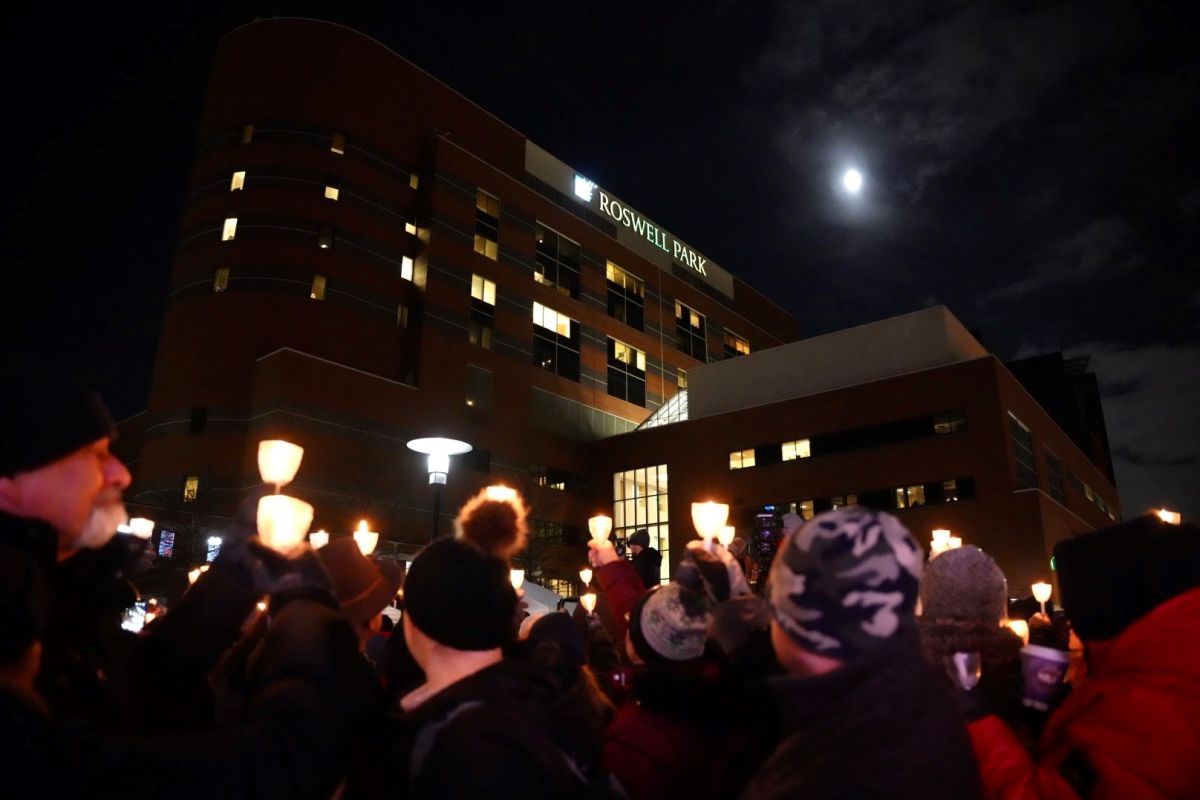Article
Can metastatic colorectal cancer be cured?
Article
Is multiple myeloma hereditary?
Article
Congratulate your Roswell Park nurse!
Article
How genetic testing helps in cancer prevention
Article
Why are breast cancer rates rising among Asian-American and Pacific Islander women?
Article
New options for KRAS-associated cancers available at Roswell Park
Article
Diabetes drug appears to fight lung cancer — but only in overweight or obese patients
Article
Revisiting our favorite blogs of 2024
Article








